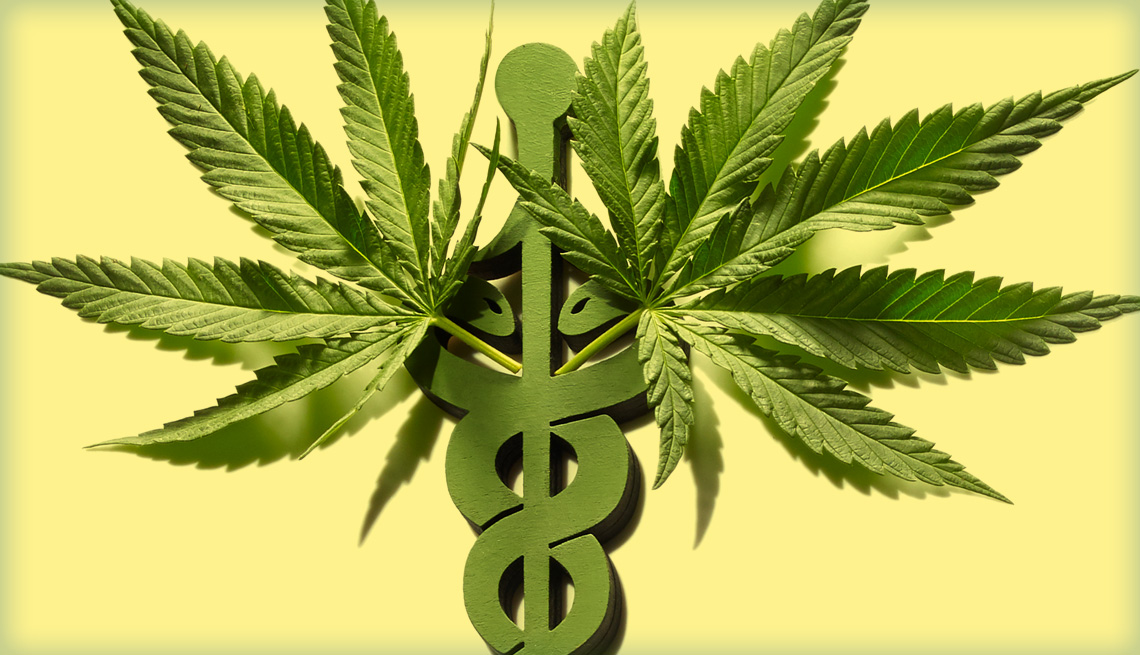Shedding Light on What Medical Marijuana Can Cure: an Extensive Analysis of Its Therapeutic Characteristics
In current years, there has actually been an expanding rate of interest in the therapeutic possibility of clinical cannabis. While unscientific evidence is plentiful, a comprehensive exam of the scientific information pertaining to the efficiency of medical marijuana in treating these conditions is required.
Chronic Pain Monitoring
Persistent discomfort management continues to be an important facet of treatment, demanding an extensive method for reliable therapy. In recent times, medical marijuana has actually become a possible therapeutic alternative for people experiencing chronic discomfort problems. The endocannabinoid system, which plays an essential function in discomfort inflection, has been targeted by cannabis-based treatments to relieve symptoms and enhance lifestyle for people.

Furthermore, clinical cannabis supplies an encouraging option for individuals who experience unbearable negative effects from typical discomfort drugs. Its capability to resolve discomfort through a different device makes it a useful addition to the toolbox of therapies available for persistent discomfort management.
Epilepsy Therapy Prospective
Clinical marijuana has revealed promising capacity in the treatment of epilepsy, supplying a novel healing method for taking care of seizures in clients. Epilepsy is a neurological disorder identified by frequent seizures, impacting people of every ages. Conventional treatments for epilepsy include antiepileptic drugs, but these drugs may not be efficient for all individuals and can have substantial negative effects.
Research on making use of medical cannabis for epilepsy has actually disclosed encouraging outcomes. Cannabidiol (CBD), a non-psychoactive compound found in marijuana, has been particularly highlighted for its anticonvulsant homes. Research studies have actually shown that CBD can decrease the frequency and intensity of seizures in clients with treatment-resistant kinds of epilepsy, such as Dravet syndrome and Lennox-Gastaut disorder.
Additionally, the FDA has actually authorized a CBD-based medicine, Epidiolex, for the therapy of seizures related to these serious kinds of epilepsy. This milestone underscores the expanding acknowledgment of medical cannabis as a valuable therapeutic choice for managing epilepsy and offers hope for patients who have not responded well to conventional treatments.
Nausea Or Vomiting Alleviation Conveniences
The reduction of nausea with using marijuana has actually been progressively acknowledged for its restorative benefits in various medical conditions. Queasiness and throwing up prevail signs and symptoms experienced by patients going through radiation treatment, those with intestinal conditions, and individuals with chronic discomfort conditions. Medical cannabis, with its active substances such as THC and CBD, has shown promise in supplying alleviation from nausea.

Moreover, medical cannabis supplies a natural alternative for people who do not react well to conventional anti-nausea drugs or that experience extreme negative effects from these medicines. Clients undergoing chemotherapy, in particular, have actually reported significant enhancements in their lifestyle when using cannabis to manage queasiness. As research in this field continues to expand, medical marijuana is progressively being thought about as an important choice for nausea or vomiting alleviation in different medical settings.
Anxiety Decrease Effects
Researches have demonstrated the capacity of marijuana in reducing anxiousness symptoms via its interaction with the endocannabinoid system. The endocannabinoid system plays a critical duty click here now in managing emotions, consisting of anxiety, by maintaining homeostasis in the body. Cannabinoids in cannabis, such as THC and CBD, interact with the endocannabinoid receptors in the brain, particularly the CB1 and CB2 receptors, to modulate anxiety-related actions.

Individuals with conditions like generalized anxiety problem (GAD), social stress and anxiety disorder, and trauma (PTSD) might take advantage of the anxiolytic residential or commercial properties of marijuana (Medical Marijuana Clinic Clinton MS). However, more research is required to establish ideal does, delivery approaches, and long-lasting results weblink on stress and anxiety management.
Possible for Swelling Control
With its well-known anti-inflammatory properties, marijuana has revealed guarantee in possibly controlling inflammation within the body. Inflammation is the body's all-natural response to injury or infection, yet when it becomes persistent, it can contribute to various diseases such as joint inflammation, inflammatory digestive tract disease, and even heart problem. Study suggests that the cannabinoids discovered in cannabis, such as THC and CBD, can help decrease and manage the immune feedback swelling.
Research studies have revealed that marijuana can communicate with the endocannabinoid system, which plays a critical duty in controling swelling. By targeting the cannabinoid receptors, marijuana compounds can modulate the immune action, resulting in a reduction in swelling levels. This makes cannabis a possible candidate for taking care of inflammatory problems where standard treatments have dropped brief.
Moreover, cannabis-derived items like CBD oil have actually acquired popularity for their anti-inflammatory residential properties, with several people utilizing them as an all-natural solution for conditions associated with inflammation. While even more study is required to totally comprehend the devices behind marijuana's anti-inflammatory effects, present findings show appealing outcomes for the prospective use medical cannabis in managing swelling.
Conclusion
To conclude, medical cannabis has actually revealed appealing therapeutic properties in handling persistent discomfort, dealing with epilepsy, eliminating nausea, reducing anxiousness, and controlling swelling. Its prospective advantages in various medical conditions highlight the significance of more study and exploration into its medical use. The proof suggests that clinical cannabis might be a useful alternative treatment option for people seeking remedy for a series of signs and symptoms and conditions.
In recent years, medical cannabis has arised as a potential restorative choice for people suffering from chronic discomfort conditions.Medical cannabis has revealed promising potential in the treatment of epilepsy, offering an unique therapeutic method for handling seizures in patients. As study in this location proceeds to expand, clinical cannabis is progressively being thought about as a useful alternative for nausea alleviation in numerous medical setups.
In verdict, medical cannabis has actually shown promising restorative residential properties in taking care of persistent pain, treating epilepsy, relieving queasiness, decreasing anxiousness, and managing inflammation. The evidence recommends that clinical cannabis can be a beneficial option therapy option for clients seeking relief from a variety of signs and symptoms and problems.